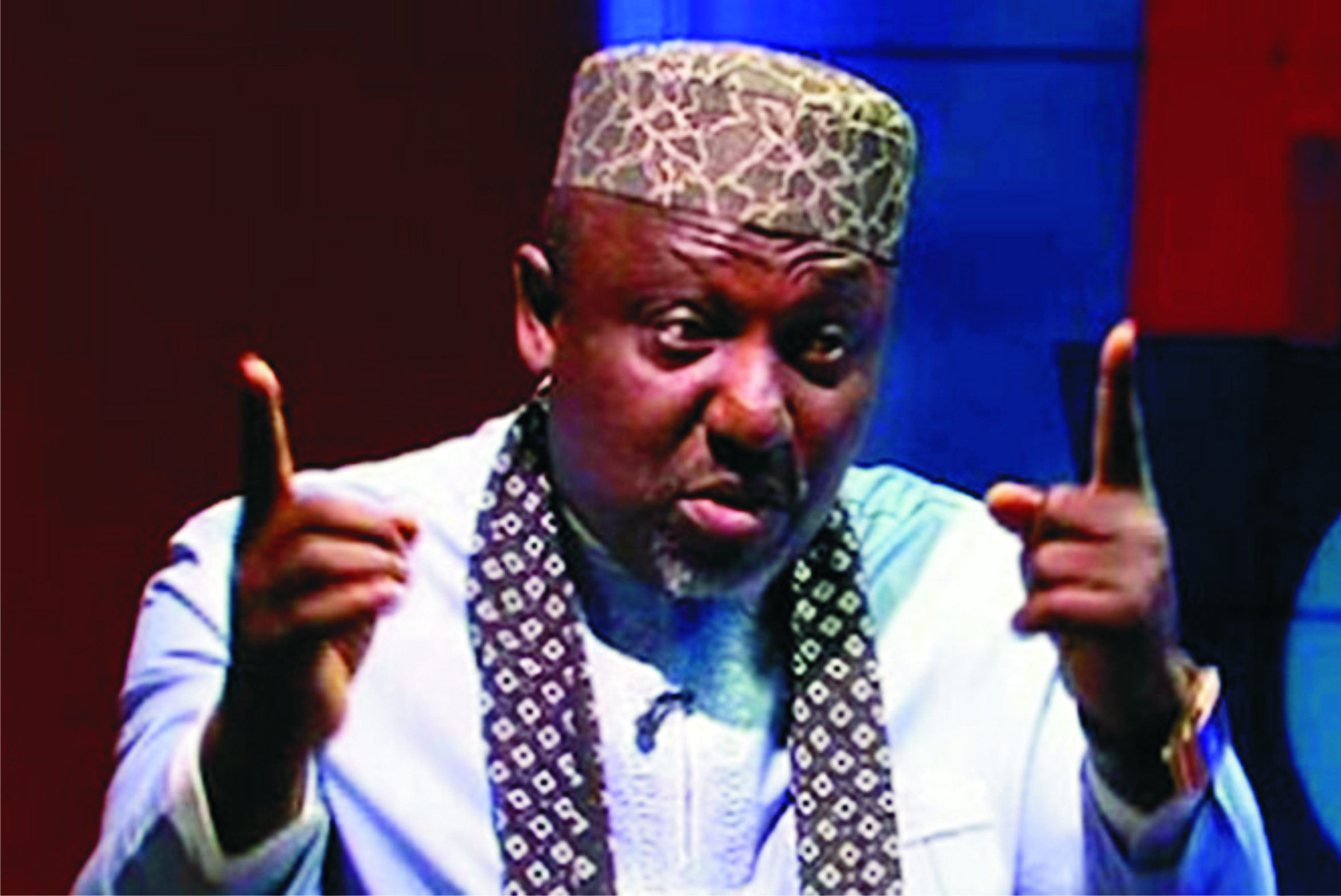Editorial
NASS: Beyond Okorocha’s Proposal

Barely two days after Nigerians marked the 59th Independence Anniversary of the country in a razzmatazz of angst over rising insecurity, economic disparity and inflated cost of governance; amid political leaders’ charge for more sacrifices from the impoverished population, the Chairman, Senate Committee on Culture and Tourism, Owelle Rochas Okorocha, raised the hope of many when he lamented that the cost of running the government was too high, and proposed a cut in the number of legislative representation for each state at the National Assembly to only one Senator and three House of Representatives members.
The former Imo State Governor, who said this while contributing to the debate on the report of the 2020-2022 Medium Term Expenditure Framework (MTEF) and Fiscal Strategy Paper (FSP) at plenary, noted that the reduction from each state will help cut cost and ensure effective representation. He reasoned that what three senators and several Reps members can do for a state (presently), the four lawmakers he is advocating for can do (even better if they are serious about representing the interests of their constituents).
“We can’t keep doing the same thing and expect different thing to happen… There is need for constitutional amendment. Rather than engaging many people in politics, we can have few in the National Assembly while others can venture into other sectors… I will present a bill on it based on the mood of the National Assembly. Whether it starts now or later, we must do things differently”, Okorocha argued.
The Tide completely agrees with Okorocha that reducing the number of Senators to 37 and Reps members to 108 from the existing 109 and 360, respectively, would significantly reduce the cost of governance and free scarce revenues for government to invest into other sectors such as agriculture, education, health, among others, to boost economic growth, without diminishing the legislature’s contributions to good governance and national development.
Every well-meaning Nigerian agrees that the allocation of N125 billion (previously N150 billion) is annoyingly unreasonable for 469 lawmakers in a country where that same amount constitutes the budget of no fewer than two states, with a combined population of about 10 million. This is even more disturbing when it is realised that the country has N10.3 trillion in the 2020 national budget just submitted by President Muhammadu Buhari to the lawmakers to provide infrastructure in 36 states plus FCT and other services for over 195.6 million people. This is why Okorocha’s proposal feeds into the argument in some quarters that politicians are the main reason why Nigeria is not advancing in many areas and poverty is wiping away the middle class and eating deep into the larger population, with 469 lawmakers alone pocketing about 1.21 per cent of the budget while allocations to education stand at N159.79 billion and health a mere N90.5 billion.
Of course, the National Institute of Legislative Studies’ recent disclosure of the mind-boggling emolument of National Assembly members justifies our support for Okorocha’s proposal. According to NILS, a senator’s annual basic salary is N2,026,400,00, while a Reps member gets N1,985,212, 50 per year, in addition to a bouquet of allowances which hike a senator’s salary to N12, 902, 360.00 and a Reps member’s to N9,525,985.50 annually, thus, forcing the Federal Government to spend N1, 406,357,240.00 on basic salary of 109 Senators and N3,428,994,780.00 on 360 Reps members in four years.
Beyond that, the lawmakers earn special amount in every four-year period on accommodation, vehicle loan/fuelling/maintenance, constituency staff, furniture, domestic staff, personal aides, entertainment, utilities, newspapers/periodicals, house maintenance, wardrobe, estacode, duty tour, and severance allowances, to the tune of N24,090,000.00 per Senator and N23,822,000.00 each Reps member, forcing the government to spend additional N2,625, 810,000.00 on 109 Senators and N8,575,920,000.00 on 360 Reps members. This brings the total expenditure on each Senator to N33, 992, 360 and N33, 347, 985, 50 on each Reps member, most of whom may not even sponsor one bill or motion in parliament. This is unacceptable in a country where over 91.8 million, representing 46.4 per cent of the population live in extreme poverty.
Indeed, playing Okorocha’s script means that the lawmakers will reduce to 145, representing 69.1 per cent cut in the present number, and allowing about 324 redundant politicians to venture into other sectors. This will significantly reduce expenditures on politicians, and give government room to invest in critical sectors that will add value to the economy, improve security of lives and property, and boost national development. Realising this will be a game-changer. We, therefore, urge Okorocha to present the bill as quickly as possible, and also challenge the lawmakers to pass the bill with the urgency it deserves.
However, while cutting down the number of lawmakers could reduce the cost of governance, we also think that a constitutional amendment that provides for part-time legislators will give fillip to Nigerians’ quest to restructure the government in such a way that it becomes more responsive to the yearnings of the people, particularly the minorities. We believe that a legislature that has the interests of Nigerians at heart would have the will and capacity to make constitutional amendments and legislation to give the people what they truly want to co-exist in peace, unity and prosperity, without necessarily leaving too many behind in anguish and bitterness. For us, this is just one bite of a large chunk but it will help in the long run.
Editorial
AFCON ’25: Bravo, Super Eagles, But…

Editorial
Fubara: Celebrating A Leader At 51

Editorial
Beyond Accessing Bonny By Road


